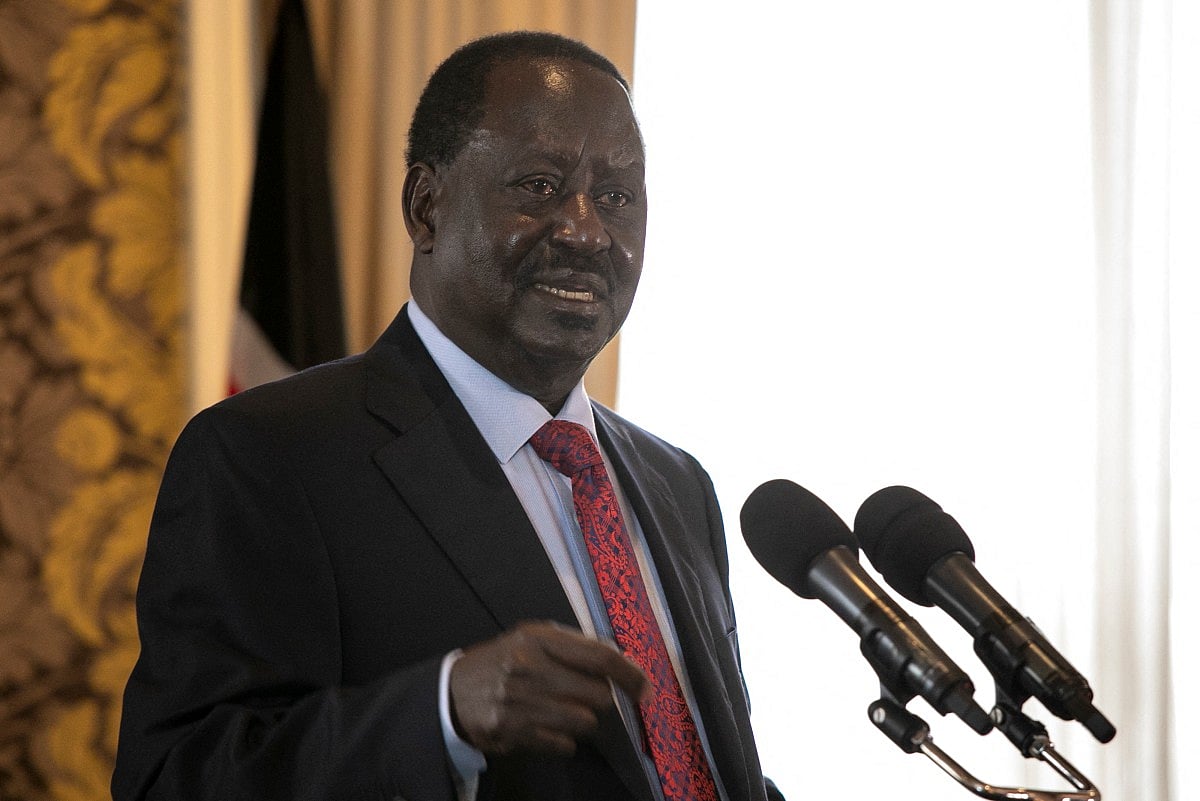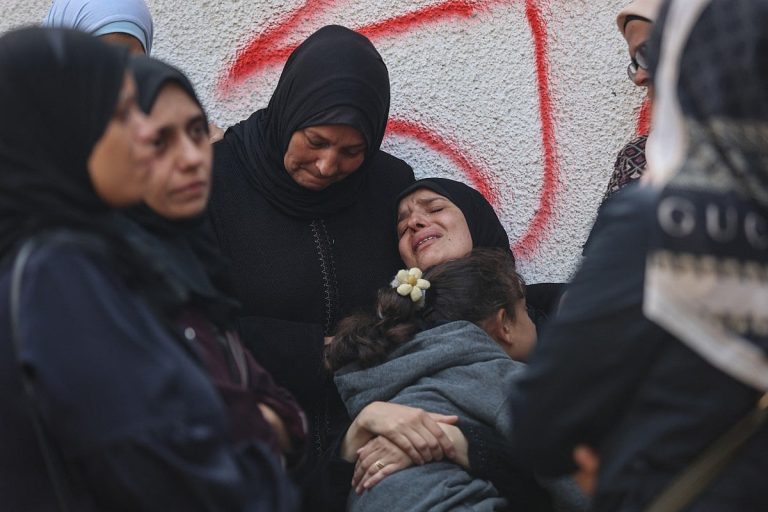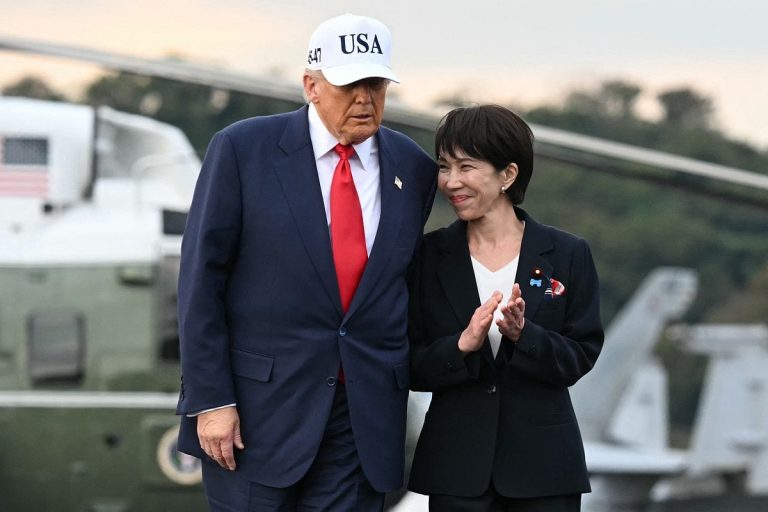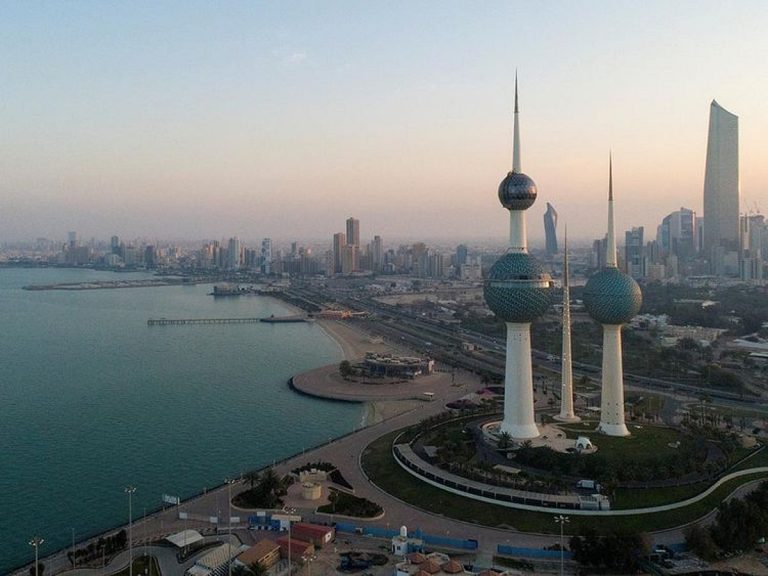Raila Odinga’s Death Leaves Kenya in Mourning and Uncertaint
The death of Raila Odinga, a prominent figure in Kenyan politics, has sent shockwaves throughout the nation. At 80 years old, Odinga passed away during a health visit in India, leaving behind a legacy marked by decades of political struggle and significant contributions to Kenya’s democracy. His passing has ignited widespread mourning and raised questions about the future of opposition leadership in the country.
A Legacy of Political Influence
Raila Odinga was a central figure in Kenya’s political landscape since the 1990s, known for his relentless pursuit of democracy and justice. Born on January 7, 1945, he was the son of Kenya’s first vice president and spent much of his early political career either imprisoned or in exile. His commitment to democracy was evident during the autocratic regime of President Daniel arap Moi, where he became a symbol of resistance.
Odinga entered parliament in 1992 and subsequently ran for the presidency five times, with his most recent attempt occurring in 2022. Throughout these campaigns, he often claimed electoral fraud, particularly after the contentious 2007 election that resulted in significant ethnic violence and over 1,100 deaths. His tenure as prime minister from 2008 to 2013 was marked by a power-sharing agreement aimed at stabilizing the nation post-crisis.
National Mourning and Emotional Tributes
Following the announcement of his death, President William Ruto declared seven days of national mourning, recognizing Odinga as “Kenya’s foremost statesman.” Emotional scenes unfolded across the country, with hundreds gathering at his Nairobi residence to pay their respects. Many mourners expressed their grief by holding branches and chanting “Baba,” a term of endearment for Odinga.
Anima Ferrari, Odinga’s head of protocol, conveyed the profound sense of loss felt by many, stating, “How are we going to survive without him? We are shaking.” This sentiment was echoed by countless Kenyans who viewed Odinga as a champion for their rights and aspirations.
The Future of Opposition Leadership
Odinga’s death leaves a significant leadership vacuum in Kenya’s opposition. Political analysts note that there is currently no clear successor capable of rallying the same level of support and mobilization that Odinga commanded. As the country approaches the 2027 elections, uncertainty looms over the political landscape.
Barrack Muluka, a political analyst, remarked on the impact of Odinga’s passing, stating, “The country loses one of its most influential political players. He had a broad national appeal.” His recent alliances with former rivals, including President Ruto, had diluted his support base, leading to questions about the effectiveness of the opposition moving forward.
Health Crisis and Circumstances of Death
Odinga’s health had been a concern in recent years, and reports indicate that he collapsed while walking with family members at an Ayurvedic clinic in Kerala, India. According to a spokesperson for the clinic, he experienced breathing difficulties and was provided immediate CPR. Despite initial signs of recovery, his condition worsened, and medical efforts to save him were unsuccessful.
Indian Prime Minister Narendra Modi expressed his condolences, describing Odinga as a “towering statesman and a cherished friend of India.” The African Union chair, Mahmoud Ali Youssouf, also paid tribute, highlighting Odinga’s influence on generations of leaders through his courage and commitment to democratic principles.
FAQs
What were Raila Odinga’s major contributions to Kenyan politics?
Odinga was instrumental in advocating for democracy and human rights in Kenya, particularly during the autocratic rule of Daniel arap Moi. He served as prime minister from 2008 to 2013 and played a key role in political reforms and power-sharing agreements.
How did Kenyans react to Odinga’s death?
Kenyans expressed deep sorrow and shock at Odinga’s passing, with many gathering at his residence to mourn. The government declared a week of national mourning, reflecting the significant impact he had on the nation.
What does Odinga’s death mean for the future of opposition in Kenya?
His death creates a leadership vacuum in the opposition, raising concerns about the ability to mobilize support for upcoming elections. Analysts suggest that without a strong successor, the opposition may struggle to maintain its influence.
Conclusion
Raila Odinga’s passing marks the end of an era in Kenyan politics, leaving a profound void in the opposition landscape. As the nation mourns, the focus will shift to identifying new leadership capable of continuing his legacy and navigating the challenges ahead, particularly with the 2027 elections on the horizon.
Also Read:
Nayyab Ali Shortlisted for UN Human Rights Role
Tributes Honor R&B Icon D’Angelo After His Passing
Stuart Broad Questions Australia’s Team Ahead of Ashes







